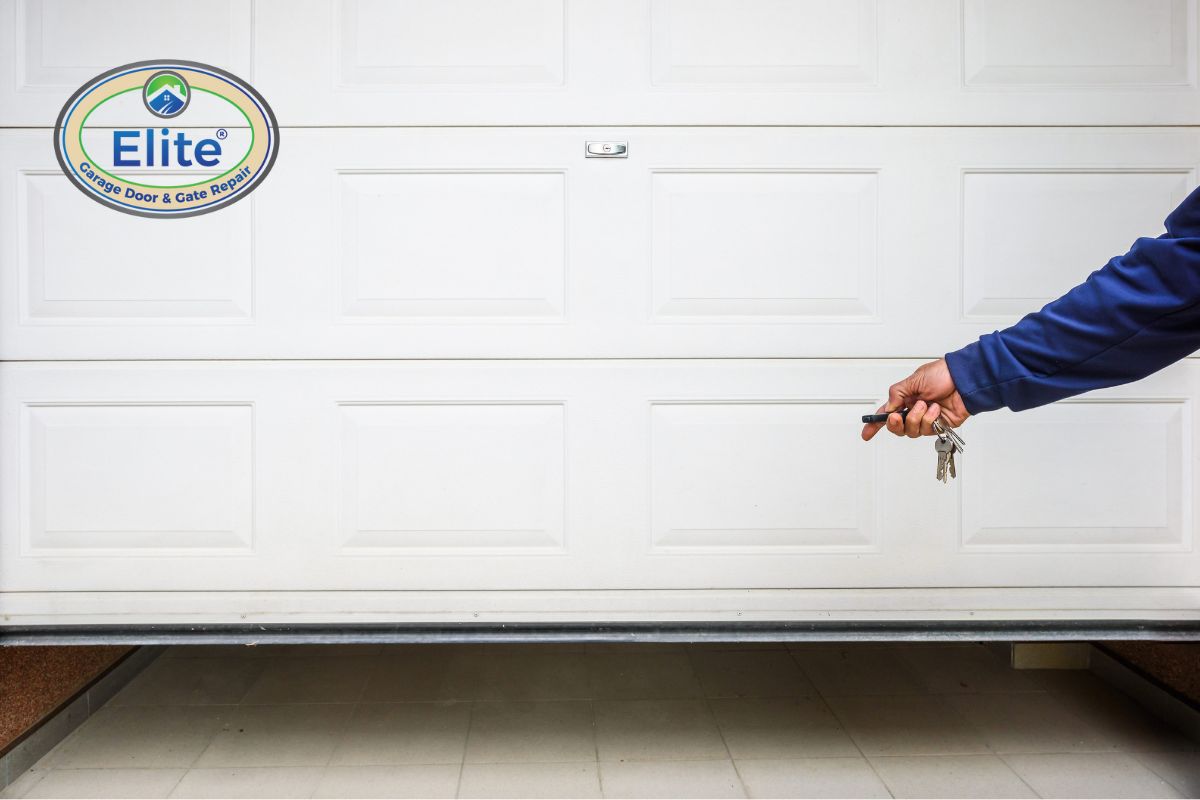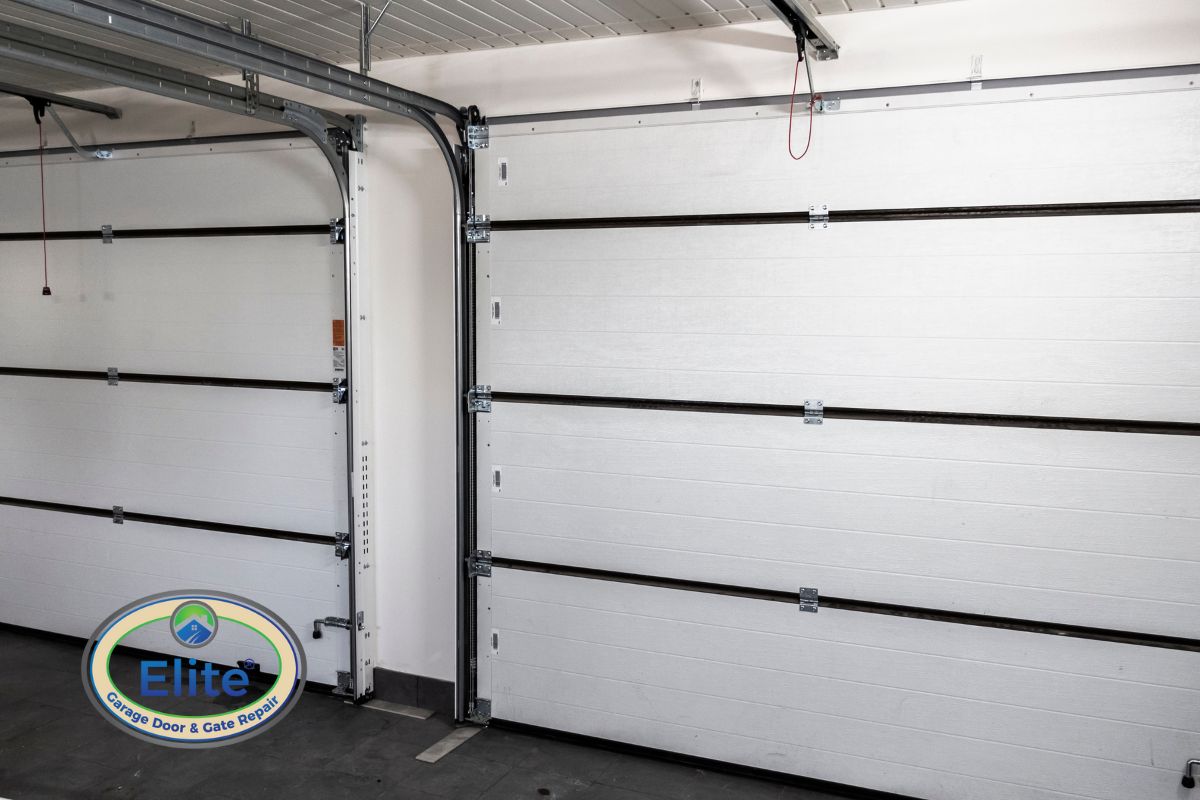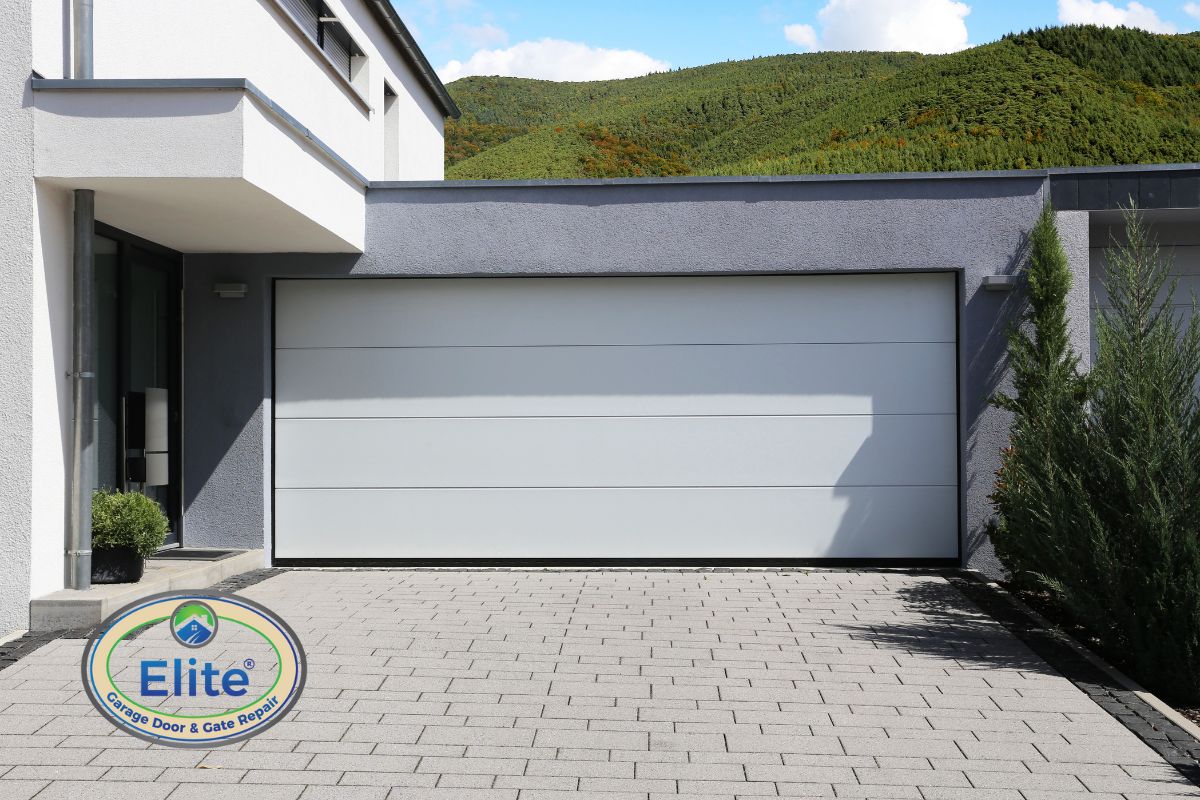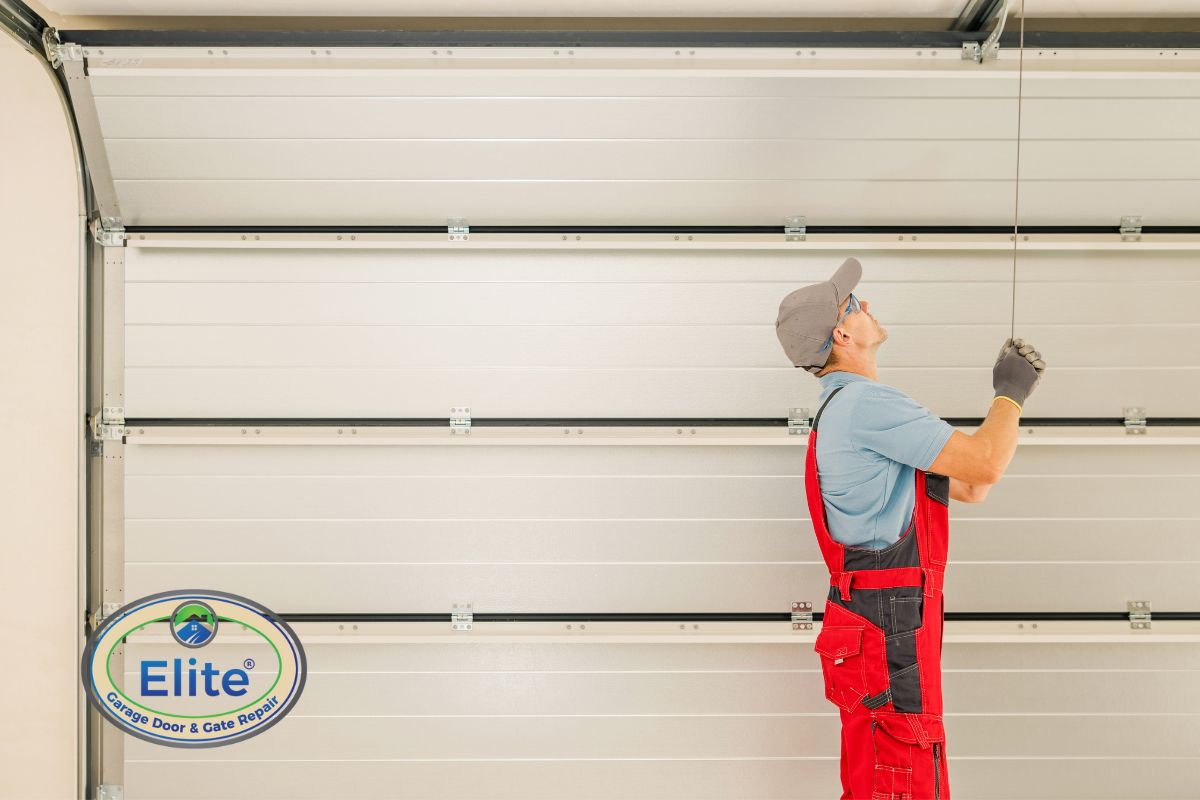Automated garage doors have made life so much easier. No more pushing the door open and closing it with your hands. All you have to do is press a button, and voila! Your door opens.
However, with any other parts of machinery, squeaky and creaking noises coming from your garage door are never a good sign. These noises are ear-grating, but they are also a clear sign that something is up with your door.
The question that arises is whether this can be solved by applying a little lubricant or not. If yes, what type of lubricant is best for your garage door?
As one would expect, if you don’t know what you’re doing, you can aggravate the problem. Many of the squeaky sounds have nothing to do with poor lubrication.
However, that’s where we come in to help. The content below has all the information regarding Garage Door Lubrication and which lubricant is best for use.

Is There A Need For A Garage Door Repair First?
Table of Contents
Is There A Need For A Garage Door Repair First?
It is natural for someone to opt for a lubricant when they hear squeaky sounds from their garage door. If there is a sound, it probably means that two surfaces are rubbing against each other, although they shouldn’t.
You need to apply something to reduce the strain and allow smoother movements. Problem solved, right?
Wrong! Just because your garage door is making weird noises doesn’t necessarily mean there is merely a maintenance issue. Applying a lubricant might reduce the noise, but it won’t solve the underlying problem.
Before you go looking for your lubricant spray, you need to ensure that your garage door isn’t in bad shape. You should check the following points off the list of friction-producing issues:
- Possible misalignment of your garage door tracks
- The presence of any debris stuck in the door (including rocks, leaves, etc.)
- Damaged door wheels

Opting For The Ideal Lubricant
Opting For The Ideal Lubricant
Have you checked all the points mentioned above? Have you diagnosed your garage door as healthy? Have you had an inspection performed by a garage door company? If the answer is Yes to all these questions, then there is only one thing left to do!
Although lubricating your garage door isn’t a difficult job, you have to be very particular about the lubricating material you choose.
- The first thing you need to do in this process is forgotten about the WD40! We’re well aware that it has solved multiple mechanical issues for you before. However, it cannot save the day in this case.
- Yes, the WD40 does act as a lubricant. However, its primary function is as a cleaner. If you apply WD40 on your garage door, you can also remove any previously-applied lubricant layer.
- Besides its dissolving properties, WD40 is too thin to act as a lubricant. Your garage door needs heavy lubricating properties that suit its function. If you insist on using WD40, you will need a lot of it to achieve what you have set out to do so. It will get expensive too.
Summarizing all this into one sentence, don’t use it on your garage door. Keep it as far away as possible. There are so many other options that will work far better than this one.

Lubricant A Squeaky Garage Door
What To Use Then?
Usually, each garage door company has a lubricant they prefer. However, as long as you purchase a lubricant made specifically for garage doors, you’re good to go regardless of what brand you opt for.
Cleaners containing silicone or lithium should do the job if you need a specific answer. Each lubricant has its advantages and disadvantages, but they can be an excellent combination.
-
Lithium-based solution
This type of grease has excellent lubricating properties, particularly for garage door tracks. However, since it is exceptionally thick, it faces problems getting into tighter spaces. Plus, it can trap dirt if you’re not careful enough.
Although its property of not getting soaked into metal makes it an excellent lubricant, it also needs regular reapplication.
-
Silicone-based lubricant
This type can get into the cracks, unlike its partner. This makes it an ideal choice for application on Garage Door Springs. Although it is lesser of a lubricant than the lithium-based one, it compensates for that by being able to get into tight spaces and being uncompromising in severe weather.
-
Each lubricant can be utilized for its unique qualities
Each of these lubricants is better than the other in some conditions and for specific applications. A combination of both of them is highly recommended. Of course, not on the same surface, but on the ones they are independently effective on:
- Using lithium-based lubricants on wider areas of friction
- Using silicone-based ones in tight and small places
Bottom Line
Is your garage door making squeaky noises? Are you looking for the best options regarding what lubricant to use on it? The above guide will help you to reduce squeaky and creaking door noises.



Leave A Comment